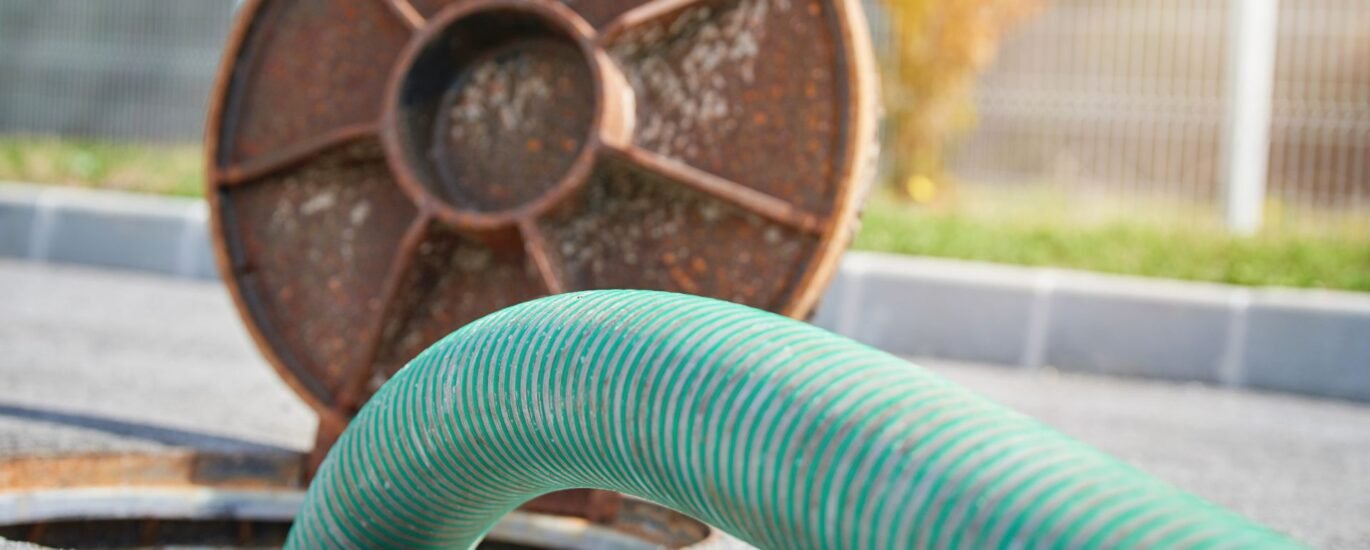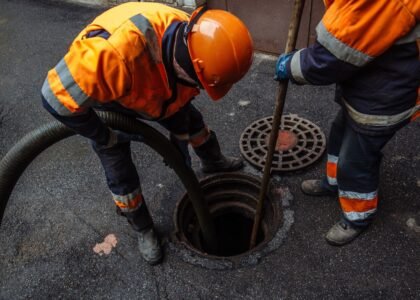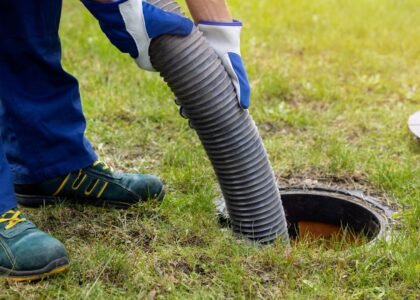Introduction
Sewer line issues start small — a slow drain here, a gurgling toilet there — but left unchecked, they can become a serious headache. In this post, we’ll walk through early warning signs, common causes, and how professional sewer line repair helps restore system health.
Why Sewer Lines Fail
Understanding what leads to sewer line failure helps you spot trouble early. Common culprits include:
- Aging materials: Older homes often use cast iron or clay pipes that can corrode or crack over decades.
- Tree root intrusion: Roots seek water and exploit cracks or loose joints, growing inside the pipe.
- Ground movement & soil shifts: Earthquakes, settling, or soil erosion can twist, disconnect, or fracture pipes.
- Poor initial installation or repair: Incorrect slope, weak joints, or substandard materials worsen over time.
- Blockages from inappropriate waste: Flushing non-biodegradable items or pouring grease down drains can clog pipes.
These are echoed in the service explanation on the company site, which highlights the role of material age, roots, ground shifting, and misuse in sewer line damage. quickfixplumbersandiego.com
Telltale Signs You Need Sewer Line Repair
Here’s what to watch (and act on):
- Multiple drains backing up simultaneously
If sinks, toilets, and showers all drain slowly or back up at once, the issue is likely in the main sewer line. - Foul sewage odor
Smells in your yard, basement, or around drains suggest waste is escaping through cracks. - Lush or soggy patches in yard
A leaking sewer line makes the soil rich in nutrients — grass or plants may thrive in weird spots. - Gurgling noises in plumbing fixtures
Air trapped from blockages can make strange sounds after flushing or using water elsewhere. - Sewage backing into the home
This is a red-flag: waste should never flow back into toilets, tubs, or floor drains. - Increased pests or insects
Cracks can allow pests to enter the plumbing network, drawn by the waste material.
If you see any of these, it’s time to explore professional sewer line repair instead of DIY.
How the Repair Process Works
Below is how a repair typically unfolds:
1. Diagnostic inspection
- A sewer camera is inserted through an existing access point (i.e. cleanout) to view inside the pipe.
- The technician identifies precisely what’s wrong: a crack, collapse, roots, or clog.
2. Diagnosis & recommendations
- Based on what the camera reveals, a suitable method is chosen to fix the problem in the least disruptive way.
3. Repair methods
There are two main approaches:
- Traditional excavation
A trench is dug along the sewer line, the damaged section removed, and new pipe installed. This method is reliable but can be disruptive to landscaping, driveways, etc. - Trenchless technologies
These newer methods minimize excavation:- Pipe lining (CIPP, or cured-in-place pipe)
A resin-coated tube is inserted inside the existing pipe and cured to form a new seamless inner pipe. - Pipe bursting
A bursting head fractures the old pipe while pulling a new one behind it — so the old one is replaced, often with HDPE that’s more durable and corrosion resistant.
- Pipe lining (CIPP, or cured-in-place pipe)
The site highlights both options and the advantages of trenchless methods. quickfixplumbersandiego.com
Benefits of Choosing Professional Repair
Hiring experts makes a big difference:
- They use precise diagnostics (camera, etc.)
- They choose the least disruptive method
- They have access to specialized tools (hydro-jetting, bursting equipment, etc.)
- They restore integrity so new damage is less likely
Preventative Habits to Extend the Life of Your Sewer Line
Prevention matters. Here’s what every homeowner should do:
- Only flush biodegradable waste
- Don’t pour grease, oils, or fats down your sink
- Be careful with tree planting — avoid aggressive roots near sewer lines
- Schedule occasional professional drain cleaning to remove buildup
These habits reduce stress on the system and delay full repairs. quickfixplumbersandiego.com
Call to Action
If you suspect sewer line trouble, don’t wait. Visit our Sewer Line Repair page to learn more about how we diagnose and fix these issues. You can also reach out via our contact page to discuss your situation and set up an inspection



